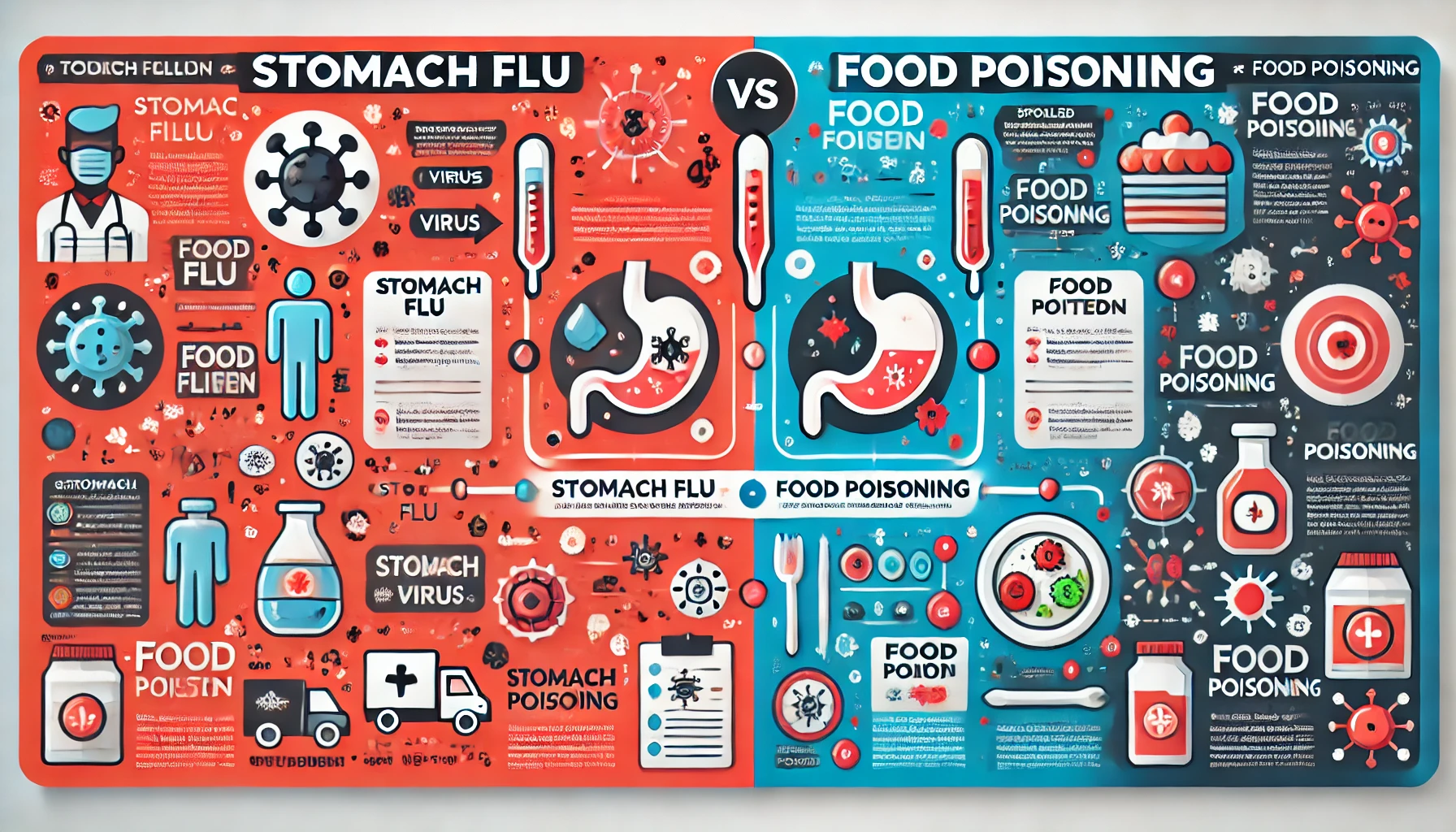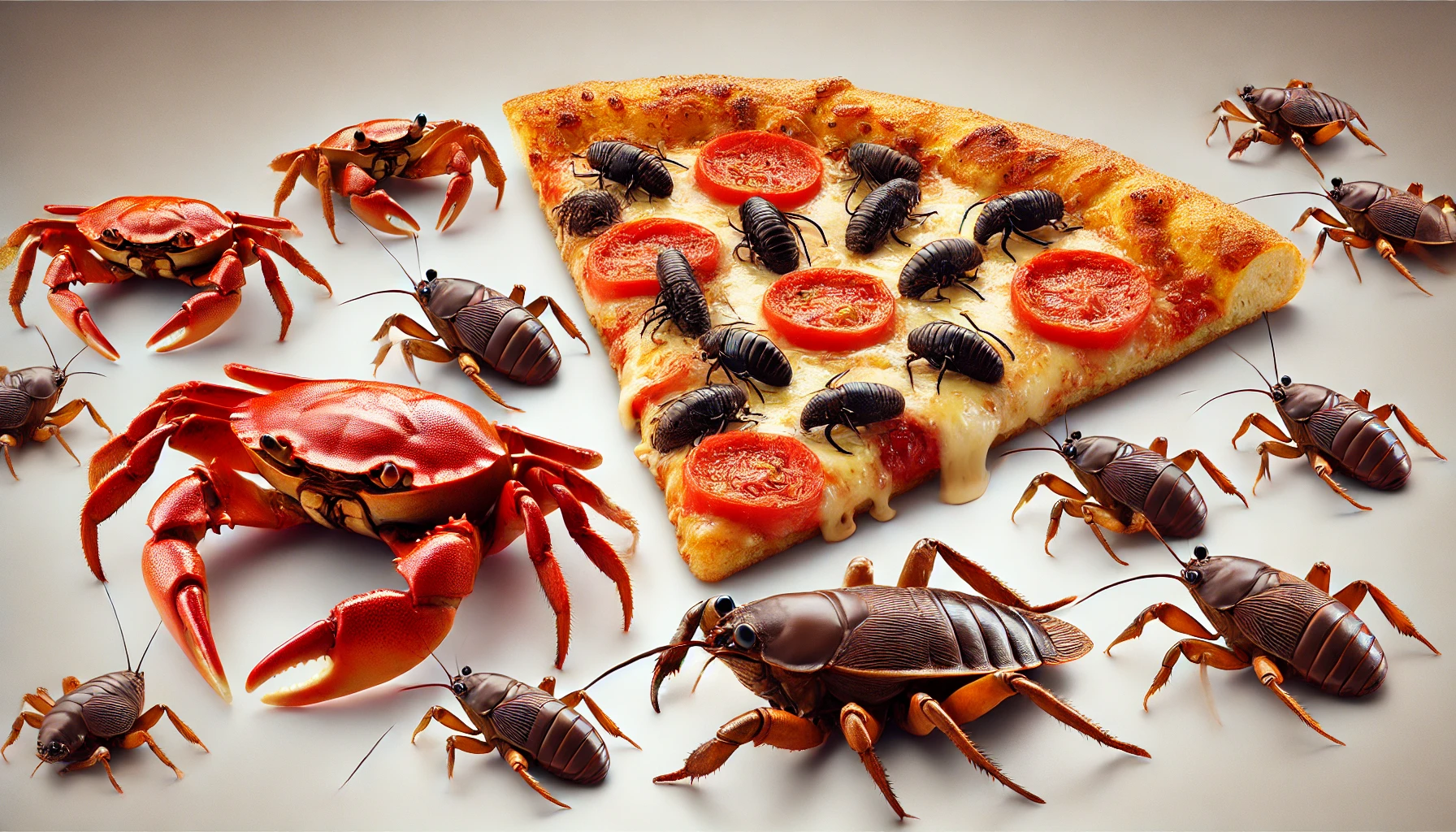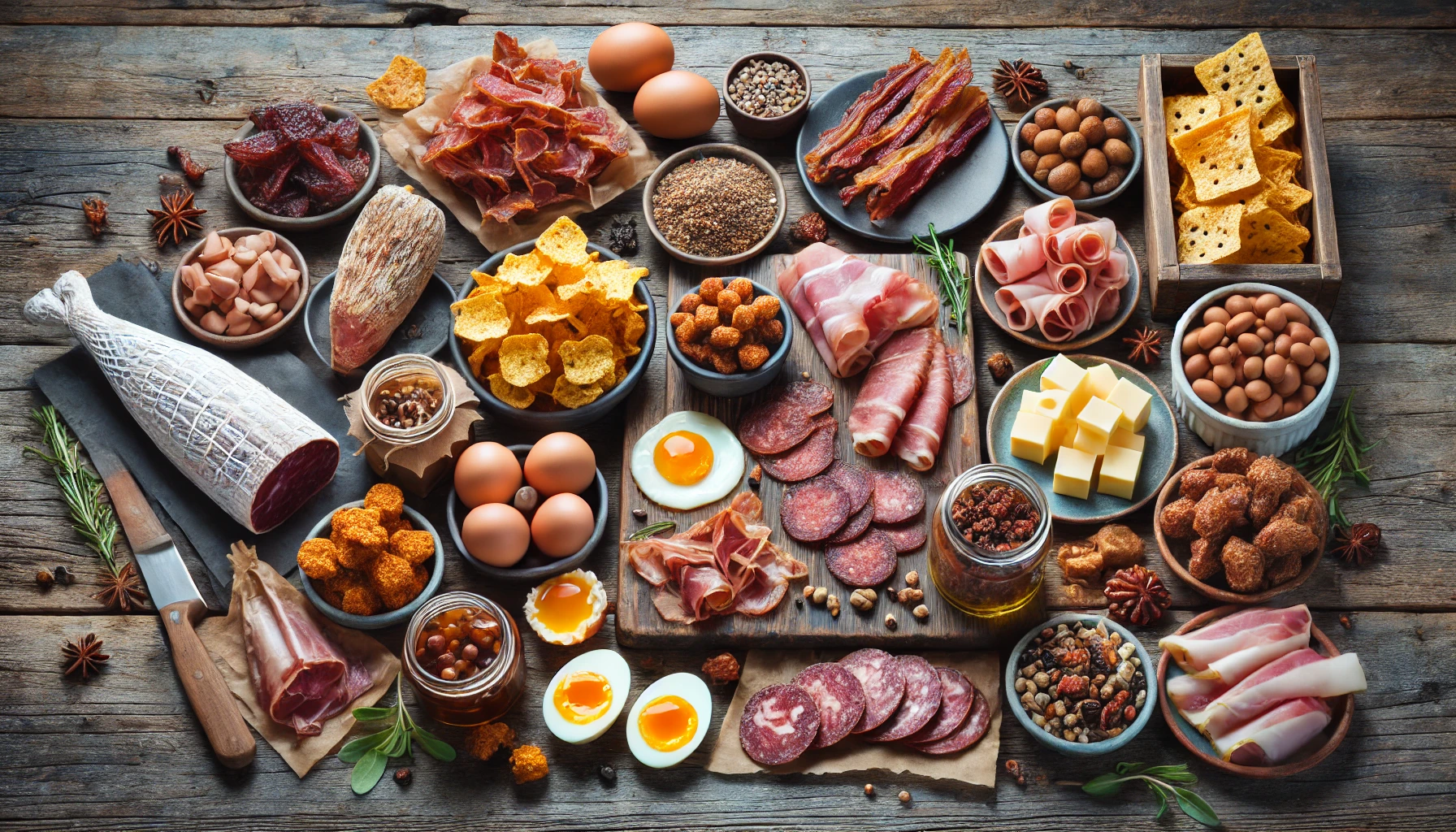Can you Eat Coyote Meat?: It's gross but entirely possible!

Somewhere in the world, as you are reading this article, a person is biting into some fresh coyote meat. It is an odd choice of protein for sure, but it's entirely possible to catch, kill, and eat a coyote without dying or getting sick.
Is Coyote Meat Edible? Unpacking the Facts
So, you've found yourself pondering whether "can you eat coyote" is a question that actually has an answer. It's a bit out there, isn't it? The very idea of chowing down on coyote meat might seem bizarre or even taboo to many. But let's get into the nitty-gritty of it and see what's what.
First off, the basics. When it comes to "can you eat coyote meat," yes, technically, you can. Like most wild game, coyote meat is indeed edible if properly handled and cooked to a safe temperature. But there's more to it than just a simple yes or no.
Safety and Preparation Must-Knows
Before even thinking about taking a bite, safety is key. The concern isn't just about the cooking process but also about how you handle and prepare the meat. Coyotes, being wild animals, can carry parasites and diseases, which means "can you eat a coyote" comes with a big caution sign.
Proper cooking is crucial. The meat needs to be cooked thoroughly, reaching an internal temperature high enough to kill off any harmful bacteria and parasites. This isn't unique to coyote; it's a standard precaution for all wild game.
What Does Coyote Meat Taste Like?
Curiosity about taste is natural. If you're going to go through the effort of preparing coyote, what are you in for, taste-wise? Descriptions vary, but many say coyote meat is lean, somewhat tough, and has a gamey flavor that's not too far off from other wild carnivores. The diet and habitat of the coyote can greatly influence its taste and quality.
Creative culinary techniques can help manage the gamey taste. Marinating, slow cooking, and pairing with bold spices or sauces can transform coyote meat into a more palatable experience. However, it's certainly an acquired taste and not for everyone.
Navigating the Ethical and Legal Landscape
When the question shifts from "can you eat wild coyote" to "should you," things get more complicated. Ethically, it's a personal judgment call. Some argue that as an invasive species in certain areas, hunting coyotes can be justified as part of population control. However, animal welfare advocates might see it differently.
Legally, you'll need to check local regulations. Hunting laws vary widely, and while coyotes are often less protected than other wildlife, you must ensure you're in compliance with local hunting seasons, licensing, and any specific restrictions.
Health Benefits and Nutritional Profile
Delving into coyote meat's nutritional benefits reveals it's a great source of high-quality protein, crucial for muscle repair and growth. Additionally, it boasts a low-fat profile and is rich in vitamins and minerals like iron, zinc, and Vitamin B12, which are vital for health.
However, caution is advised due to potential contaminants and toxins from a coyote's diet. Ensuring the meat comes from a healthy population and undergoes rigorous testing can help mitigate these risks.
Environmental Impact and Sustainability
Hunting coyote for consumption can serve as a population control method in areas where they're considered pests, potentially easing conflicts with humans and livestock. Utilizing coyote meat can also support ecosystem balance and resource conservation, provided it's done sustainably.
Responsible hunting practices are crucial to prevent negative environmental impacts. Adhering to regulations and conservation efforts ensures that using coyote meat aligns with ecological balance and community needs.
Exploring Coyote Cuisine: Recipes and Preparations
Coyote meat's culinary potential is vast, with traditional methods like slow-cooking enhancing its flavor. Modern culinary experiments, such as incorporating coyote meat into chili or tacos, can also provide a novel dining experience.
An open mind and willingness to experiment are key to enjoying coyote cuisine. Respect for the animal and adherence to health and safety guidelines can make coyote a unique addition to your culinary adventures.
Cultural and Culinary Context
Coyote meat doesn't typically feature in mainstream cuisine, but it has been used in traditional dishes within certain cultures. Understanding and respecting these traditions is important, especially if you're exploring coyote meat from a culinary or cultural perspective.
Whether it's out of necessity, curiosity, or cultural practice, the use of coyote meat is a subject that can spark interest and debate. As with any unconventional food source, approaching it with an open mind and a respect for ethical, legal, and safety considerations is key.
Final Thoughts: To Eat or Not to Eat?
In wrapping up, the journey from wondering "can you eat coyote" to actually considering it as a meal option is filled with questions of safety, legality, ethics, and taste. Yes, you can eat coyote, but whether you should is a personal decision.
For those adventurous in palate and spirit, coyote meat offers a walk on the wild side of culinary exploration. However, it's not without its challenges and controversies. If you decide to explore this path, proceed with caution, respect, and a healthy dose of curiosity.

Posted by: Matt Irving on 02/11/2024
Subscribe to my blog!


















